If you own your own home you’ll need to have buildings insurance. Your mortgage lender will usually stipulate this as a condition of granting your loan, so not having a policy could put your mortgage and your home at risk.
You will need to insure the rebuild cost, the amount of money you would need to completely rebuild your home from scratch. The cost of rebuilding your home isn’t the same as its market value and is usually less. That’s because the market value takes into account the value of the plot and land, location, local amenities and supply and demand.
Although there’s no requirement to have home contents insurance, it is a good idea to have cover in place in case the unexpected happens and your home is burgled, or your possessions are damaged by fire or flood.



